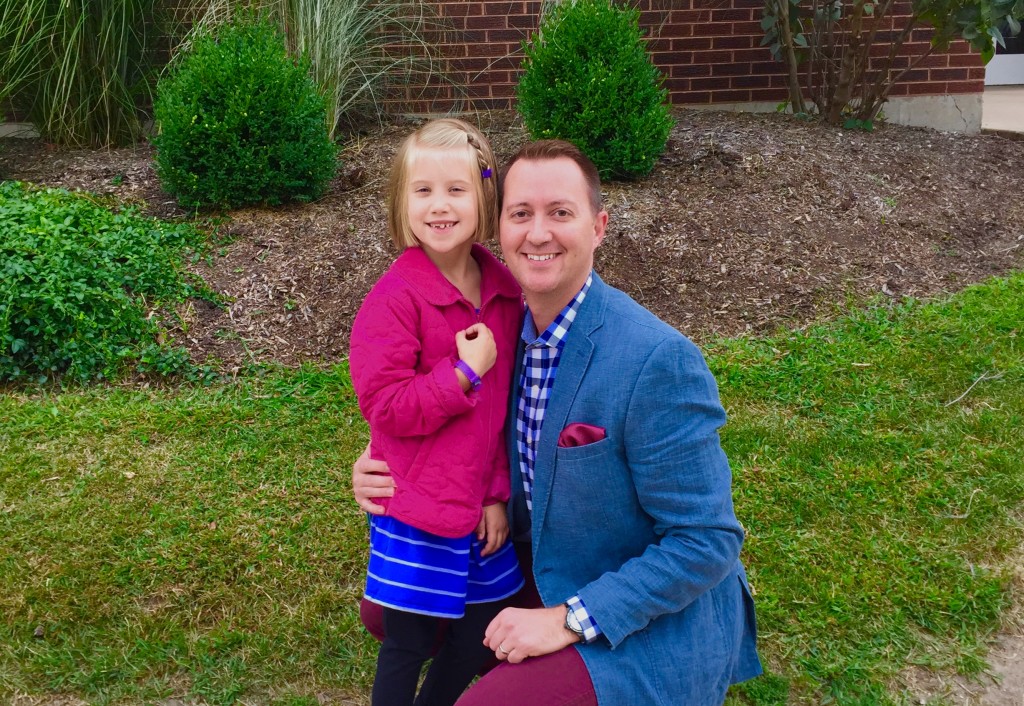Reflecting on our civic responsibilities
I had the day off on Monday. It didn’t mean I spent the day with my wife or kids, though. And it didn’t mean I was able to get caught up with my “to do” list at home. Instead I spent the better part of the day being a good citizen; I was called for jury duty.
As a lawyer, I know how important juries are. The right to a trial by jury (the 6th and 7th Amendments for those taking notes) is a good part of what makes our country so unique and so great. A small group of citizens can determine the fate of the lowliest member of our community up to the most powerful corporation. Nevertheless, most of us have the same initial reaction to a Summons for Jury Duty: a heavy sigh.
It was certainly interesting being on the juror side. The beginning of the experience was simple—I got a letter in the mail, filled out an online questionnaire, and received the Summons a few weeks later. Monday morning, I headed to the courthouse. I’ve been there numerous times for work, so I was spared the logistics: Where is the courthouse? How long does it take to get there? Is there parking? The parking lot is where the familiarity ended.
I’m usually able to bypass some or all of the courthouse security with other attorneys and courthouse employees. On Monday, though, I wasn’t there as a lawyer, so I emptied my pockets, took off my belt, put everything in a plastic bin, and walked through the metal detector. I then headed up to the Jury Assembly Room on the third floor, where a clerk checked my name, took my Summons, handed me an informational brochure and a juror nametag, and had me take a seat. Once all 116 of us had checked in, the clerk spoke to us about the importance of the right to trial by jury, our role in the justice system, and—of great importance—where the coffee, snacks, and restrooms were located. Next, a Court Security Officer used some great stories to discuss the importance of following courthouse rules. Lastly, one of the judges came in and thanked us for being there, and then let everyone in on a “secret” I already knew.
The reality is most cases settle. Criminal defendants accept a plea. Opponents in civil cases—people or businesses—reach a compromise. Sometimes, cases settle fairly early in the process, often when the facts or law are strongly in one side’s favor. But we’ve all heard the phrase, “they settled on the courthouse steps.” That happens because when the parties and attorneys walk into court on the day they’re scheduled for trial, they know a jury is waiting—the opportunity to work things out, to have control over the outcome, is just about over.
My day didn’t end in a courtroom. Only 20 or 30 people were called in for a trial, while the rest of us were thanked for our time and dismissed that afternoon. Ultimately, I was able to catch up on some email, chat with others in the room, get some reading done, and get home in time to pick my daughter up from her bus stop. But my day was not a waste. Far from it.



